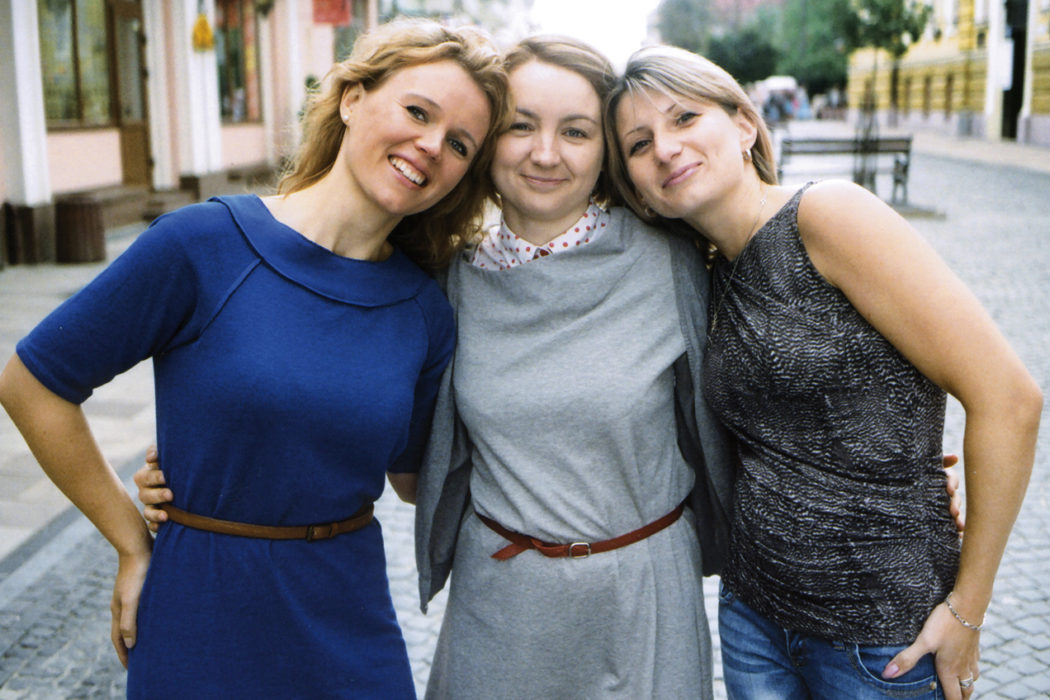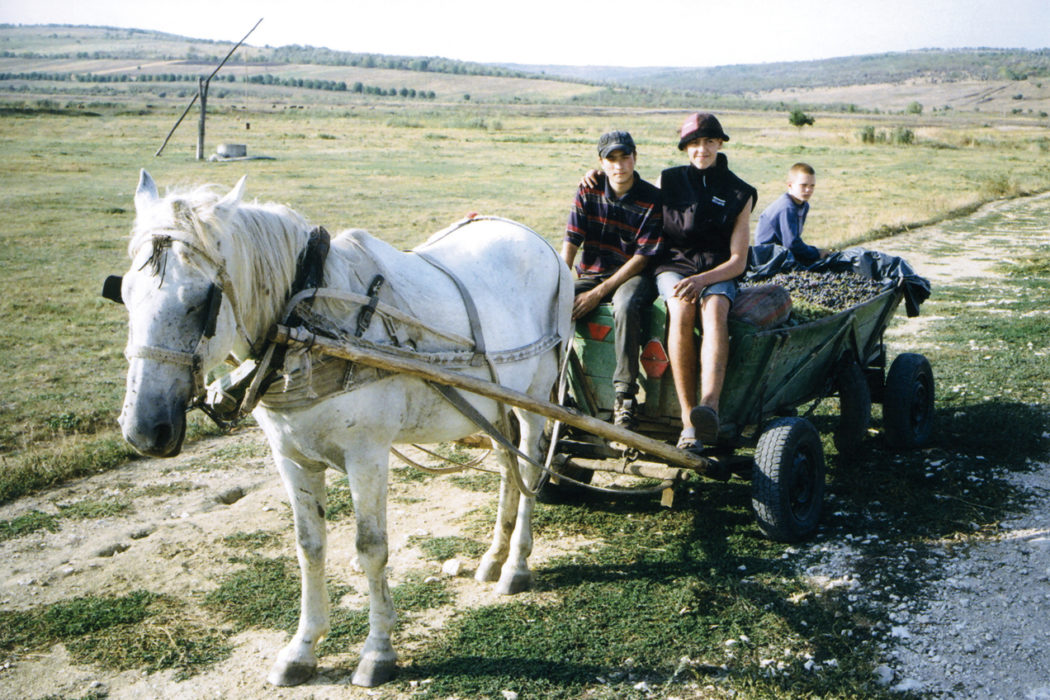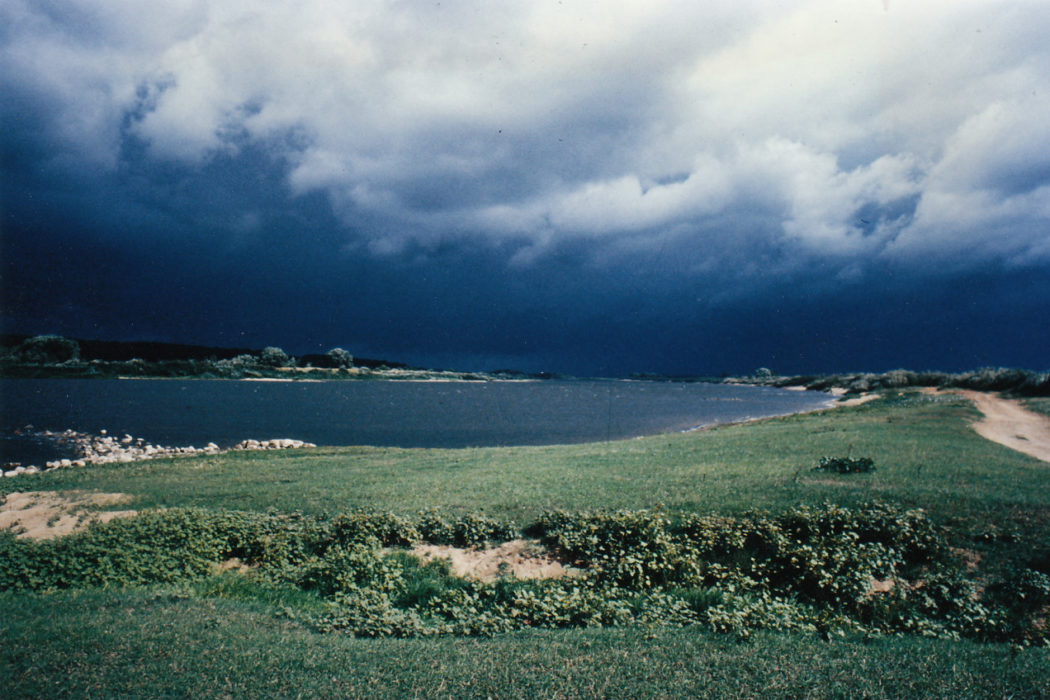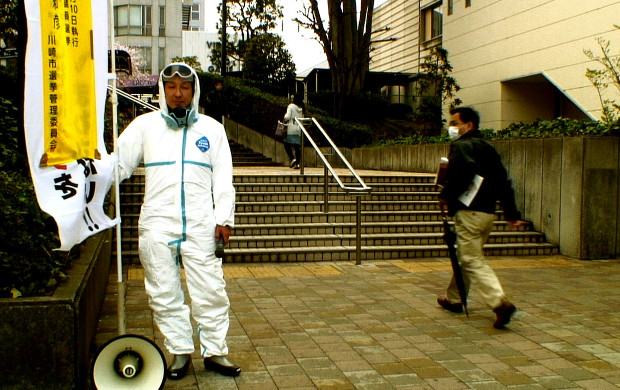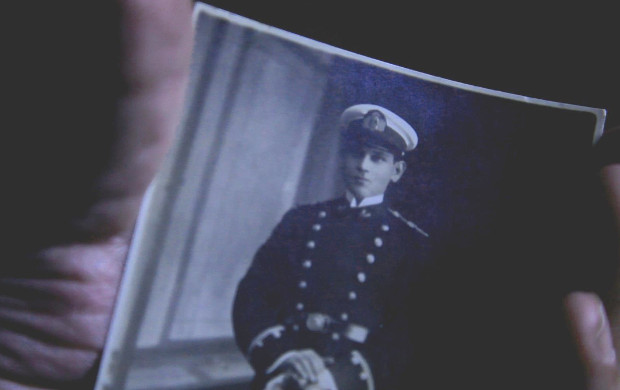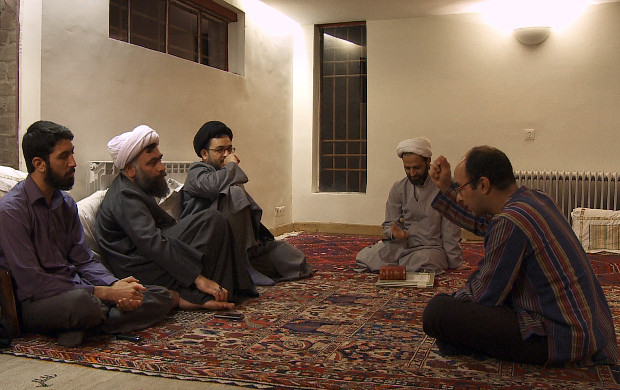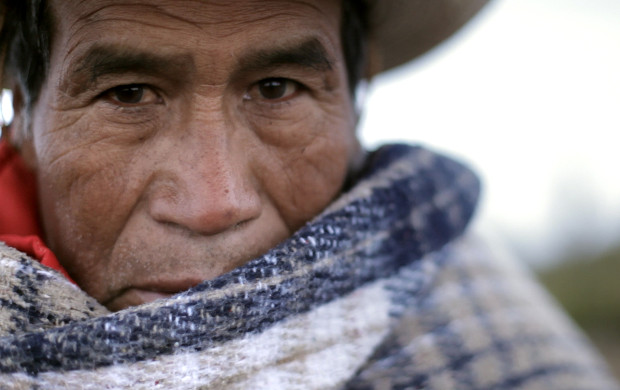IN SARMATIEN
IN SARMATIA
- 2013
- Germany
- 120 minutes
- German; Rumanian; Russian; Ukrainian
An invitation to travel, Volker Koepp’s film work updates itself with astonishing mastery. In Sarmatia‘s prologue lays down the metaphor of Schaktarp, the melting ice from Russia that refreezes on the River Niemen: a surface neither soft nor hard, “like our lives”. Koepp again crosses Sarmatia “a transnational territory stretching from east of the Vistula and south of the Baltic to the Black Sea” in the company of today’s young generation, his step as firm as that of the blind accordionist he follows through the market alleyways. Russia, Lithuania, Belarus, Poland, Moldavia, Ukraine: in these landscapes that have inspired writers and suffered the worst atrocities, the filmmaker records the long testimony of several of his young friends, words so dense that the young women almost attain the status of local genii. Their relationship with their homeland can be summed up in one word “exile ” but this word has endless meanings: linguistic exile (Romanian learnt in the Cyrillic alphabet under the Soviet yoke), emotional exile when Elena recounts how she first learnt that her village had been the scene of mass murders at the Holocaust Museum in Washington. With a never complacent melancholy, Koepp captures the painful paradox whereby those who refuse exile are ultimately those who feel most alone. (Charlotte Garson)
- Production : Vineta Film
- Editing : Béatrice Babin
- Sound : Jens Pfuhler
- Photography : Thomas Plenert; Thomas Huber
- Copy Contact : Vineta Film
